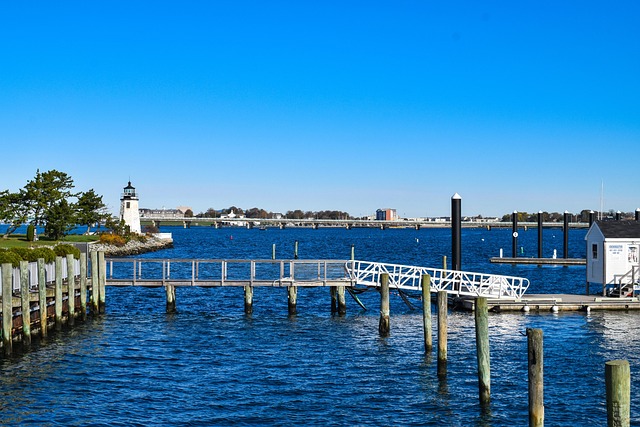Rhode Island's "Do Not Call" laws protect residents from intrusive home improvement sales calls, with Charlestown leading the charge in enforcement. Citizens can register on state-wide lists, blocking business telemarketing calls. Do not call lawyers Rhode Island assist consumers and take legal action against violators. Charlestown collaborates with regulatory bodies, uses advanced caller ID systems, and offers a dedicated hotline to combat non-compliant businesses, ensuring residents enjoy a peaceful environment free from unwanted solicitations.
Charlestown, Rhode Island, takes a unique stand in enforcing Do Not Call laws for home improvement services. With an ever-growing number of telemarketing calls, these regulations are vital to protect consumers from unwanted solicitations. This article explores Charlestown’s approach, focusing on the role of local authorities, strategies employed, and the impact on businesses and consumers. We also delve into common challenges and highlight how Do not Call lawyers in Rhode Island can provide crucial support in navigating these legal requirements.
Understanding Do Not Call Laws in Rhode Island
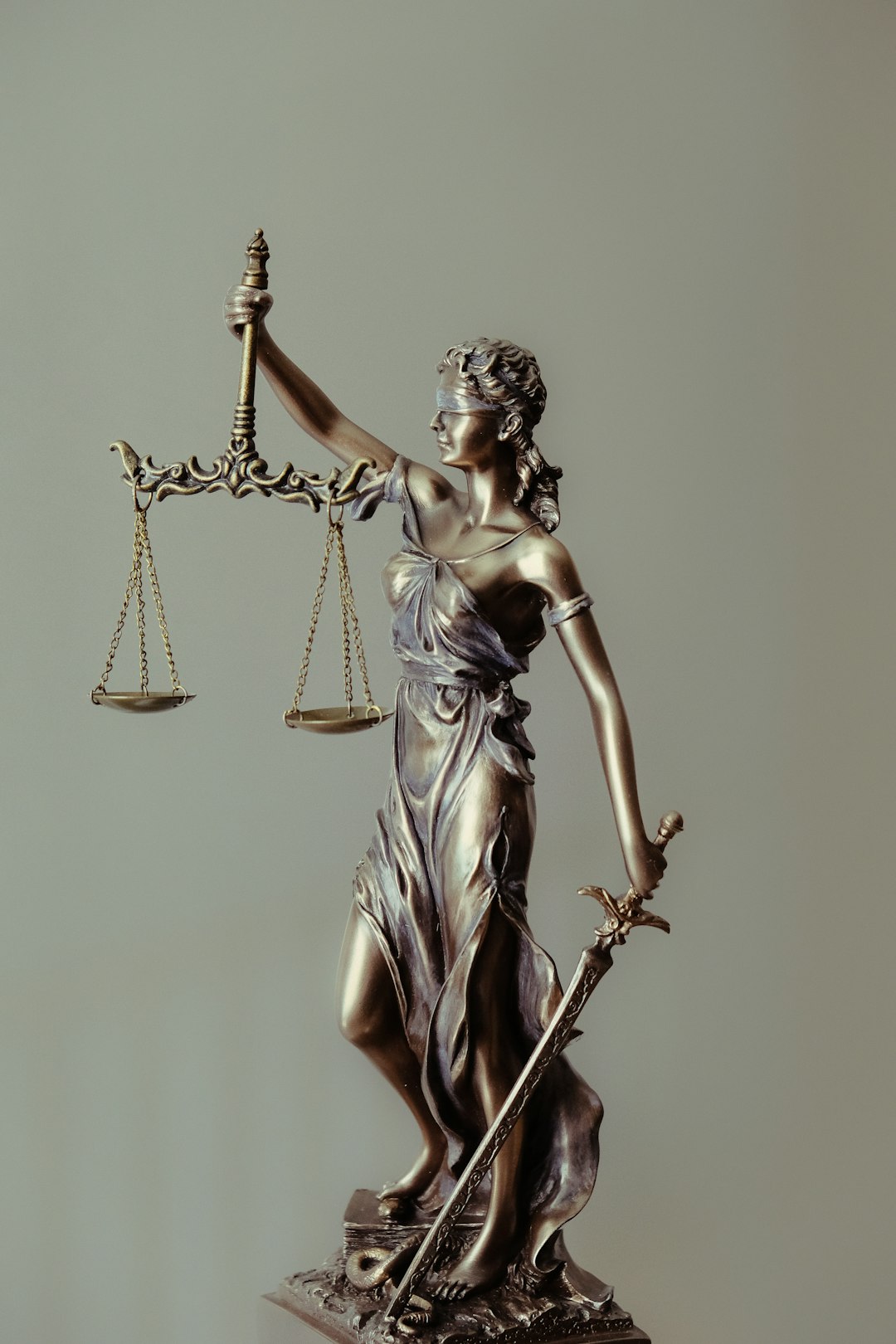
In Rhode Island, the “Do Not Call” laws are designed to protect residents from unsolicited sales calls, particularly in the home improvement sector. These laws, enforced by the Attorney General’s Office, give consumers the right to register their phone numbers on a state-wide “Do Not Call” list, which prohibits businesses from making telemarketing calls to registered numbers. For home improvement services, this means that contractors and their representatives must obtain explicit consent before calling potential clients.
Do not call lawyers in Rhode Island play a crucial role in ensuring these laws are upheld. They assist consumers in registering on the “Do Not Call” list and take legal action against businesses that violate these regulations. By understanding their rights and the responsibilities of businesses, residents can protect themselves from annoying and unwanted calls, fostering a more peaceful and compliant consumer environment.
Charlestown's Role in Enforcing These Regulations

Charlestown, a bustling community in Rhode Island, takes its citizens’ rights seriously, including their protection from unsolicited phone calls for home improvement services. The town plays a pivotal role in enforcing Do Not Call laws, ensuring residents can enjoy peace of mind without constant sales pitches. Charlestown’s local authorities collaborate with state-level regulatory bodies to monitor and regulate home improvement companies operating within its borders.
Through regular inspections and consumer complaints, they identify and penalize businesses that disregard the ‘Do Not Call’ registry. This proactive approach not only safeguards residents from aggressive marketing tactics but also fosters a fair business environment. By holding companies accountable, Charlestown contributes significantly to the overall enforcement of these regulations, offering Rhode Island’s citizens a respite from unwanted sales calls.
Strategies Used by Local Authorities to Comply with State Guidelines
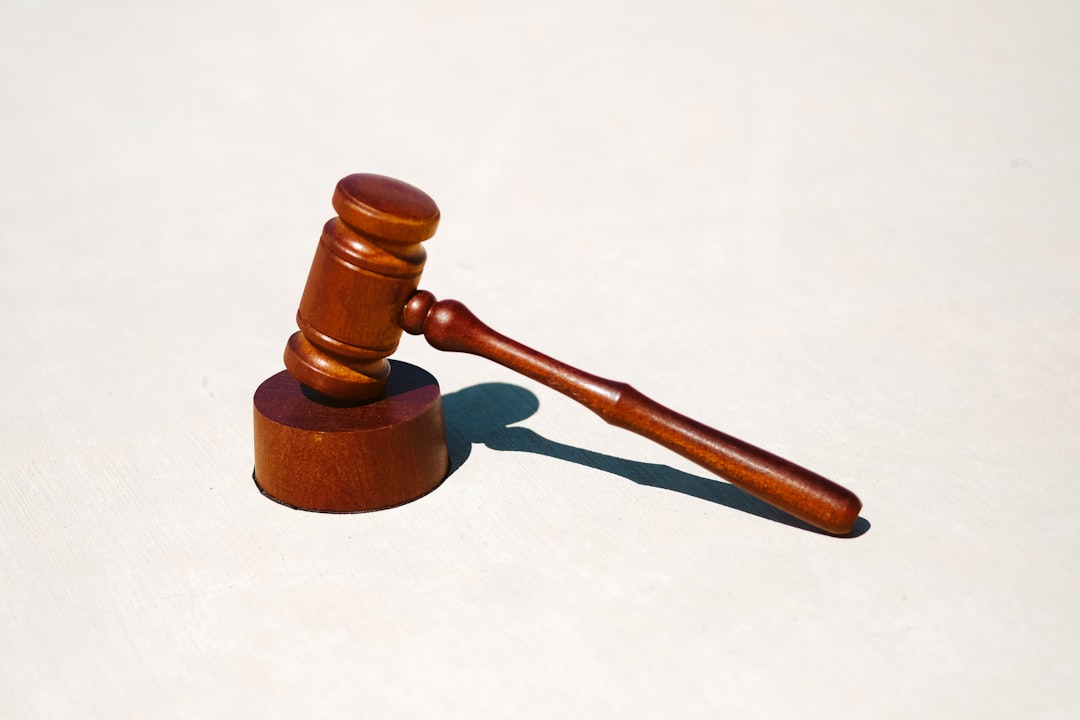
Local authorities in Charlestown, Rhode Island, have adopted a multi-faceted approach to ensure compliance with state guidelines regarding the enforcement of Do Not Call laws for home improvement services. One primary strategy is the implementation of robust caller ID verification systems, which help in identifying and blocking calls from companies or individuals who are violating the law. This technology allows residents to receive calls only from authorized sources, significantly reducing unwanted solicitations.
Additionally, Charlestown has established a dedicated hotline where citizens can report suspicious or harassing phone calls related to home improvement services. This direct channel of communication enables authorities to swiftly take action against non-compliant businesses and individuals. Regular training sessions for enforcement officers are also conducted to keep them updated on the latest legal requirements and effective strategies for handling such cases, ensuring that Do Not Call laws are enforced fairly and efficiently throughout the region.
The Impact on Home Improvement Businesses and Consumers
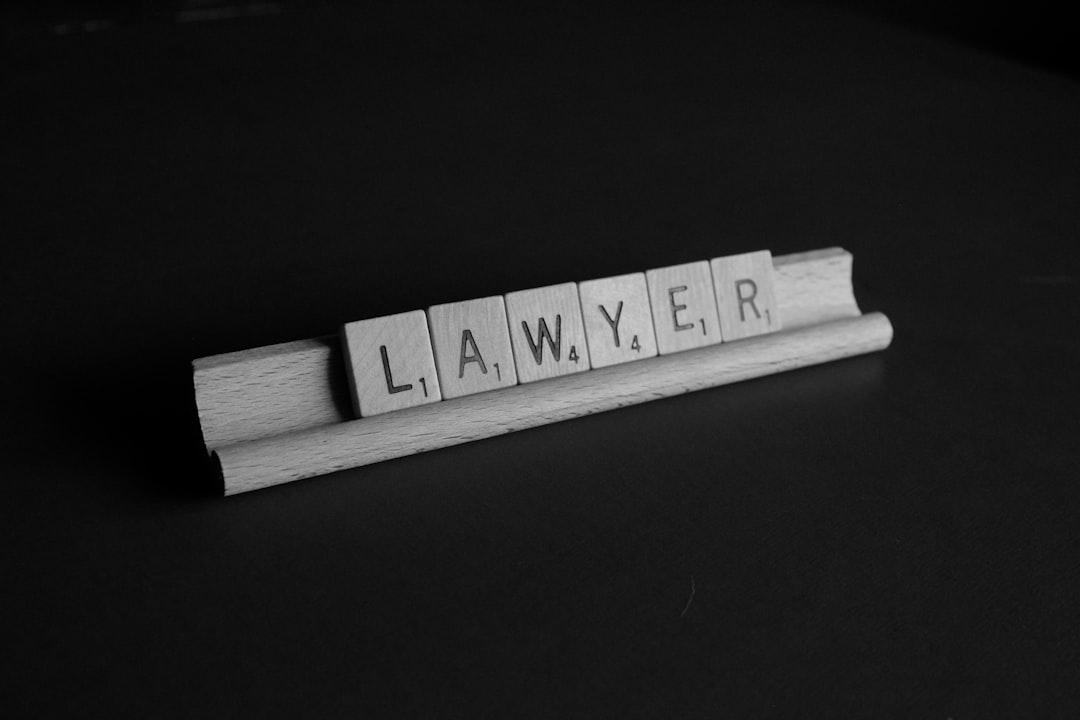
Charlestown’s strict enforcement of Do Not Call laws for home improvement services significantly impacts both businesses and consumers in the region. For local home improvement companies, these regulations present a unique challenge. They must balance their marketing efforts with respect for consumer privacy, facing potential consequences if they fail to adhere to the rules, including penalties from Rhode Island’s Do Not Call lawyers. This often requires investing in robust opt-out systems and refining sales tactics to ensure compliance while still generating leads.
Consumers benefit from these laws by receiving less intrusive sales calls, allowing them to make informed decisions about home improvement projects without constant pressure. However, they may also face the challenge of missing out on legitimate offers if they are not actively managing their contact preferences. Effective communication and education between businesses and consumers are key to ensuring a harmonious balance under these regulations.
Common Challenges and How Do Not Call Lawyers Can Help
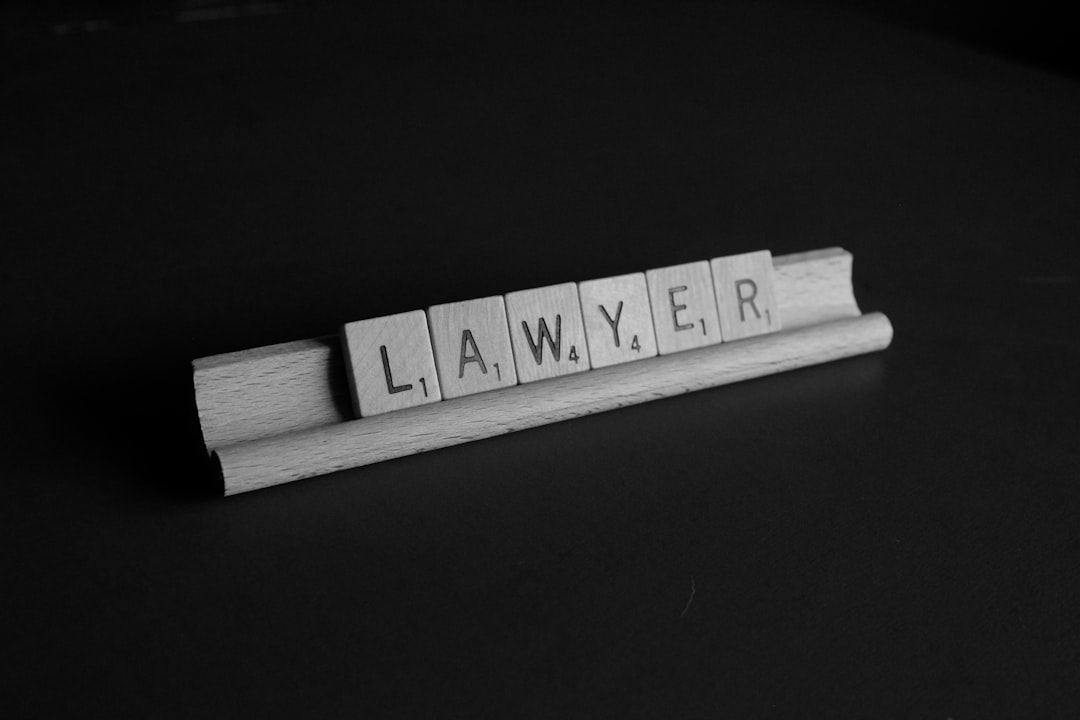
Many homeowners in Charlestown, Rhode Island, often face a relentless influx of unsolicited phone calls from home improvement companies, which can be extremely frustrating and intrusive. These unwanted sales calls are a common challenge faced by many consumers, especially those looking to protect their personal time and privacy. The Do Not Call laws were established to combat this very issue, giving residents the right to opt-out of such marketing practices. However, enforcing these laws can be difficult for average citizens.
Here’s where Do Not Call lawyers in Rhode Island play a pivotal role. These legal experts specialize in navigating the complexities of consumer protection laws and have the resources to effectively deal with persistent telemarketers. They can assist homeowners in registering their numbers on national ‘Do Not Call’ lists, ensuring that legitimate companies respect their wishes. Moreover, if a business continues to make unauthorized calls, Do Not Call lawyers can take legal action, sending cease-and-desist letters or even pursuing litigation to protect the rights of their clients and deter other violators.






